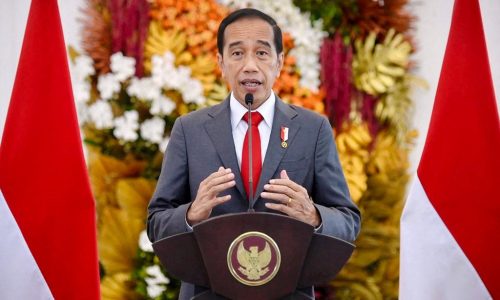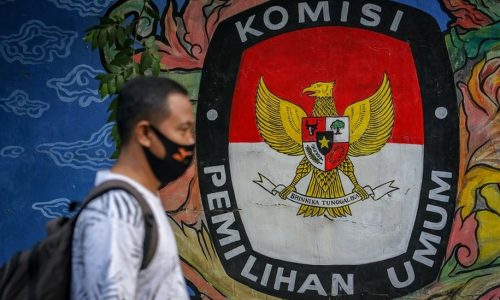The Ministry of Energy and Mineral Resources (ESDM) reveals that a considerable number of new renewable energy projects are encountering setbacks during the negotiation phase of power purchase agreements (PPA).
The primary reason behind this hurdle is the reluctance of several lenders and business entities to comply with domestic component level (TKDN) regulations in PPAs with PT Perusahaan Listrik Negara (PLN), the state-owned electricity company.
Addressing a press conference in Jakarta on Thursday, January 18, 2024, Director General of Electricity Jisman P. Hutajulu said that some lenders and auction winners were not in favor of TKDN regulations, causing delays in the PPAs. He said further that the Ministry of Industry recently refrained from issuing waivers for certain renewable energy projects, signaling a shift in approach.
Jisman said that discussions with PLN are scheduled for this week to address projects delayed due to TKDN regulations, with the ministry planning to discuss the outcomes to find a solution.
Jisman expressed concern that the failure to address TKDN issues might lead to a shortage in energy development. According to ESDM records, the realization of the renewable energy mix in the first half of 2023 reached only 12.5 percent, significantly below the annual target of 17.9 percent. This achievement aligns closely with the figures from 2022 (12. percent) and 2021 (12.2 percent).
Projections for additional renewable energy mix until the end of 2023 are a mere 115 MW, falling far short of the targeted 2,029 MW. The realization of the renewable energy mix as of April 2023 is reported to be 28.21 MW.
In an effort to boost large-scale renewable energy projects, the Ministry of State-Owned Enterprises (SOEs) aims to initiate auctions for power plants exceeding 1 GW in 2024. However, Deputy SOE Minister Kartika Wirjoatmodjo acknowledges the substantial investment required and the limited financial capacity of PLN and domestic capital. Kartika emphasizes the need for international financing with long-term loans, suggesting collaboration with international banks or organizations to support these large-scale auction projects.









